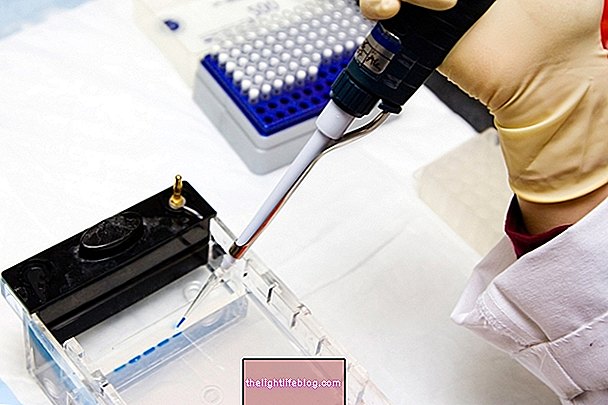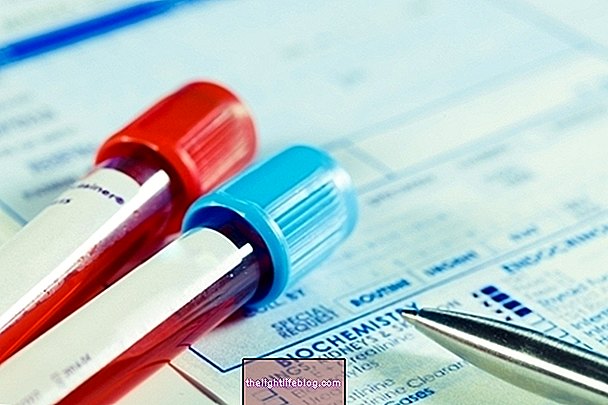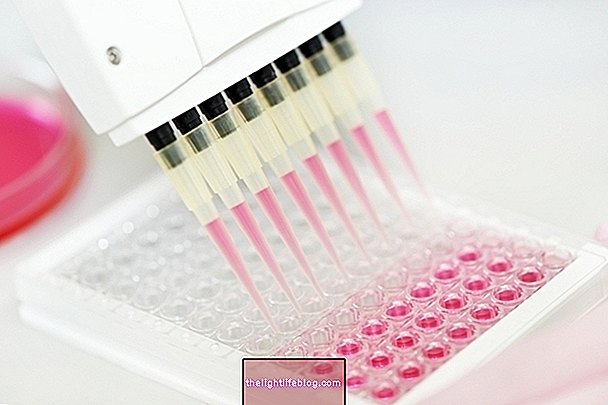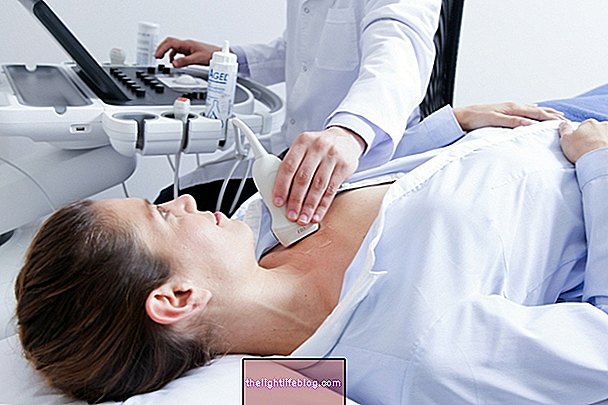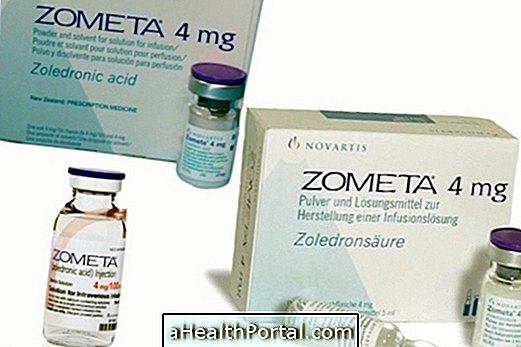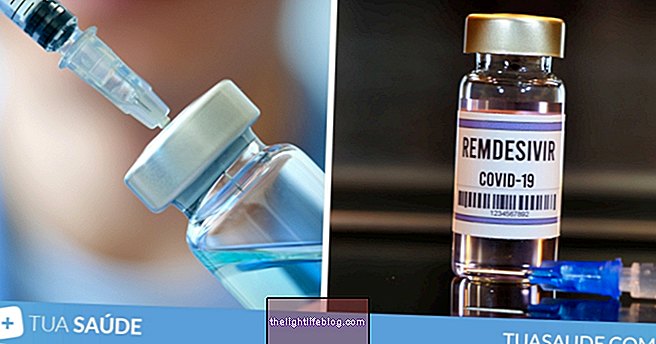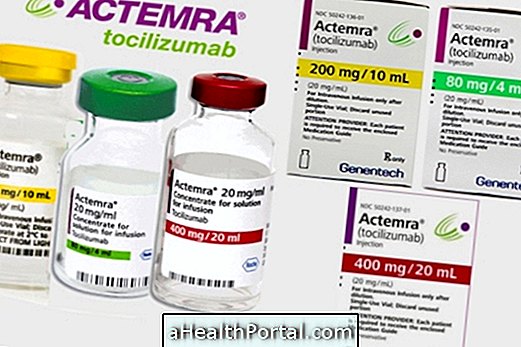The HCV test is a laboratory test indicated for the investigation of infection with the hepatitis C virus, HCV. Thus, through this examination, it is possible to check the presence of the virus or antibodies produced by the body against this virus, the anti-HCV, being, therefore, useful in the diagnosis of hepatitis C.
This test is simple, it is done from the analysis of a small blood sample and is usually requested when HCV infection is suspected, that is, when the person has had contact with the blood of an infected person, has had unprotected sex or when syringes or needles were shared, for example, as they are common forms of disease transmission.

What is it for
The HCV exam is requested by the doctor to investigate the infection by the HCV virus, which is responsible for hepatitis C. Through the exam it is possible to know if the person has already been in contact with the virus or if he has an active infection, as well as the amount of virus present in the body, which can indicate the severity of the disease and be useful in indicating the most appropriate treatment.
Thus, this test can be requested when the person is exposed to any of the risk factors related to the transmission of the disease, such as:
- Contact with blood or secretions from an infected person;
- Sharing syringes or needles;
- Unprotected sexual intercourse;
- Multiple sexual partners;
- Realization of tattoos or piercings with potentially contaminated material.
In addition, other situations that are related to HCV transmission are sharing razor blades or manicure or pedicure instruments, and performing blood transfusions before 1993. Learn more about HCV transmission and how prevention should be.
How is done
The HCV exam is done through the analysis of a small blood sample collected in the laboratory, and it is not necessary to perform any type of preparation. In the laboratory, the sample is processed and, according to the indication of the exam, two tests can be performed:
- Viral identification, in which a more specific test is carried out to identify the presence of the virus in the blood and the quantity that is found, this test being important in determining the severity of the disease and monitoring the response to treatment;
- Dosage of antibodies against HCV, also known as anti-HCV examination, in which the dosage of antibodies produced by the body in response to the presence of the virus is made. This test, in addition to being used to assess response to treatment and the severity of the disease, also allows to know how the organism is reacting against the infection.
It is common for the doctor to order both tests as a way to have a more accurate diagnosis, in addition to being able to indicate other tests that help assess the health of the liver, since this virus can compromise the functioning of this organ, such as enzyme dosage hepatic TGO and TGP, PCR and gamma-GT. Learn more about the tests that evaluate the liver.
Was this information helpful?
Yes No
Your opinion is important! Write here how we can improve our text:
Any questions? Click here to be answered.
Email in which you want to receive a reply:
Check the confirmation email we sent you.
Your name:
Reason for visit:
--- Choose your reason --- DiseaseLive betterHelp another personGain knowledge
Are you a health professional?
NoMedicalPharmaceuticalsNurseNutritionistBiomedicalPhysiotherapistBeauticianOther

